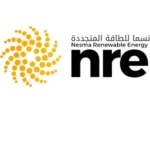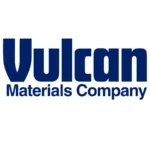Celltrion Inc. has emerged as the preferred bidder for a US biologic manufacturing facility, marking the South Korean biosimilar developer’s first American acquisition as pharmaceutical companies scramble to avoid potential import levies.
The Trump administration has threatened substantial tariffs on imported pharmaceutical products, including biosimilars, creating supply chain disruptions and cost pressures across the industry. Celltrion has already secured a two-year inventory supply and is considering acquiring a US-based manufacturing company to mitigate tariff risks.
The ₩700 billion ($503 million) acquisition will enable Celltrion to produce nearly all its flagship biosimilars locally for the world’s largest pharmaceutical market. Chairman Seo Jung-jin announced Tuesday that the company outbid two larger multinational competitors for the plant owned by an undisclosed global pharmaceutical company.
Celltrion currently has six biosimilars on the US market and plans to commercialize 22 biosimilars by 2030, with recent launches including treatments for autoimmune diseases and cancer. The company is targeting nearly ₩5 trillion in annual sales for 2025, driven by higher-margin products.
The move reflects broader industry concerns about supply chain vulnerability. Over half of generic medications are manufactured overseas, primarily in China and India, making them susceptible to trade disruptions. While Celltrion’s domestic manufacturing strategy may shield it from tariffs, the acquisition cost and operational complexities could pressure margins in an increasingly competitive biosimilar market.

